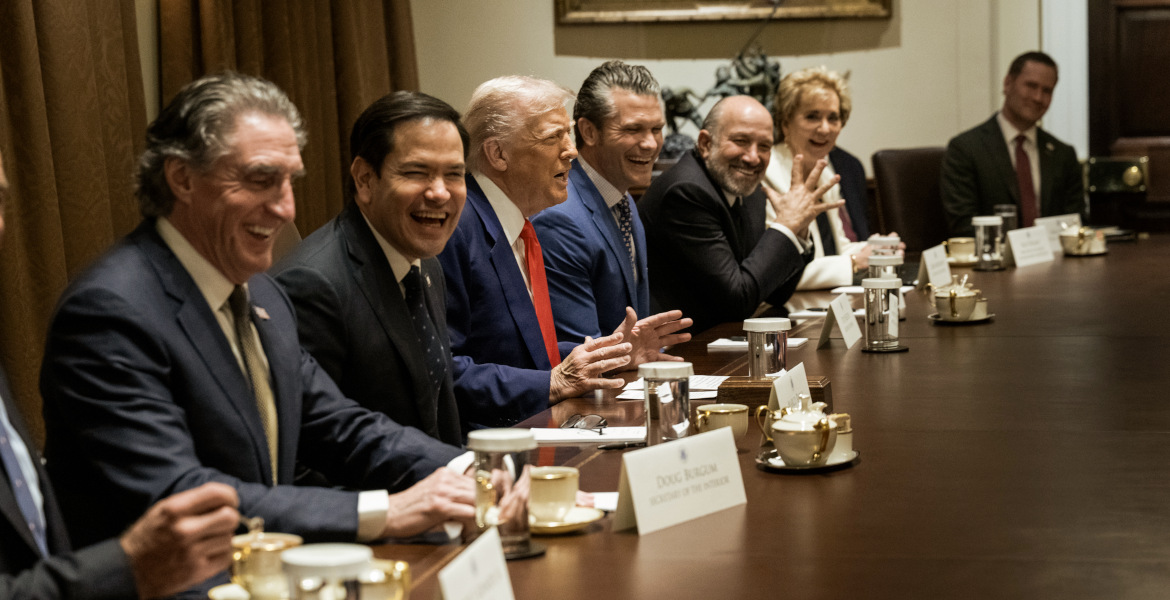The European Commission has introduced new guidelines to force X, TikTok, Facebook and other major online platforms to fight disinformation, misleading political advertising, AI “deepfakes” and other alleged threats to European democracy. If platforms do not take sufficient action, they can be heavily fined.
On Tuesday, leaders in Brussels adopted a set of new guidelines for online platforms with more than 45 million active users in the EU, which are classified as “very large online platforms and search engines” under the EU’s Digital Services Act (DSA). Among other things, it calls on platforms to combat and counter alleged threats to European elections, “malicious” AI content, and misleading political advertising.
It includes specific rules for the June EU elections, where commission officials believe there is a high risk of “increased malign interference and a deluge of misinformation online”, according to Euronews.
The guidelines are not legally binding – but the Commission can still launch its own proceedings against those platforms it deems to be in breach of the DSA rules – and punish them with fines of up to 6% of global turnover.
“The move is part of a coordinated effort by Brussels to clamp down on the industry’s penchant for self-regulation, which has often been decried as complacent and insufficient, and force Big Tech to do more to uphold democratic values”, according to Euronews.
Tech giants comply
Deepfakes are of particular concern, according to a senior EU official. Last fall, a deepfake circulated impersonating a candidate in the Slovakian election, claiming he had rigged the vote – but the clip was fake.
Under the new framework, platforms will be required to quickly flag such clips and cooperate with EU and national authorities on such incidents. Platforms will also have to remove “divisive, harmful or misleading content with viral potential” and design their systems to give users “meaningful choices and controls over their feeds”.
Several major companies, including Google, Meta and TikTok, say they have already implemented the recommended “choice protections” and have set up dedicated “choice centers” with the express purpose of providing users with what they describe as “trusted and authoritative information” in a variety of ways.
In June, some 370 million Europeans will go to the polls, and the European Commission promises to check that platforms are implementing the new guidelines.







